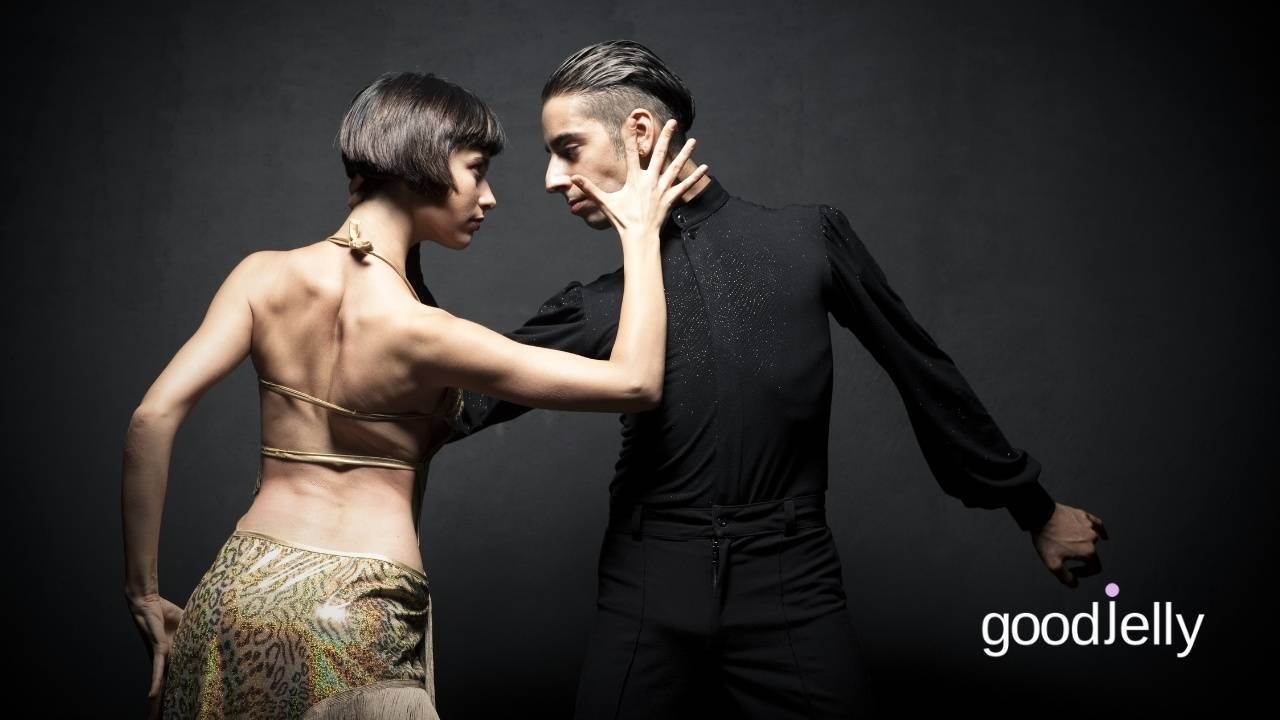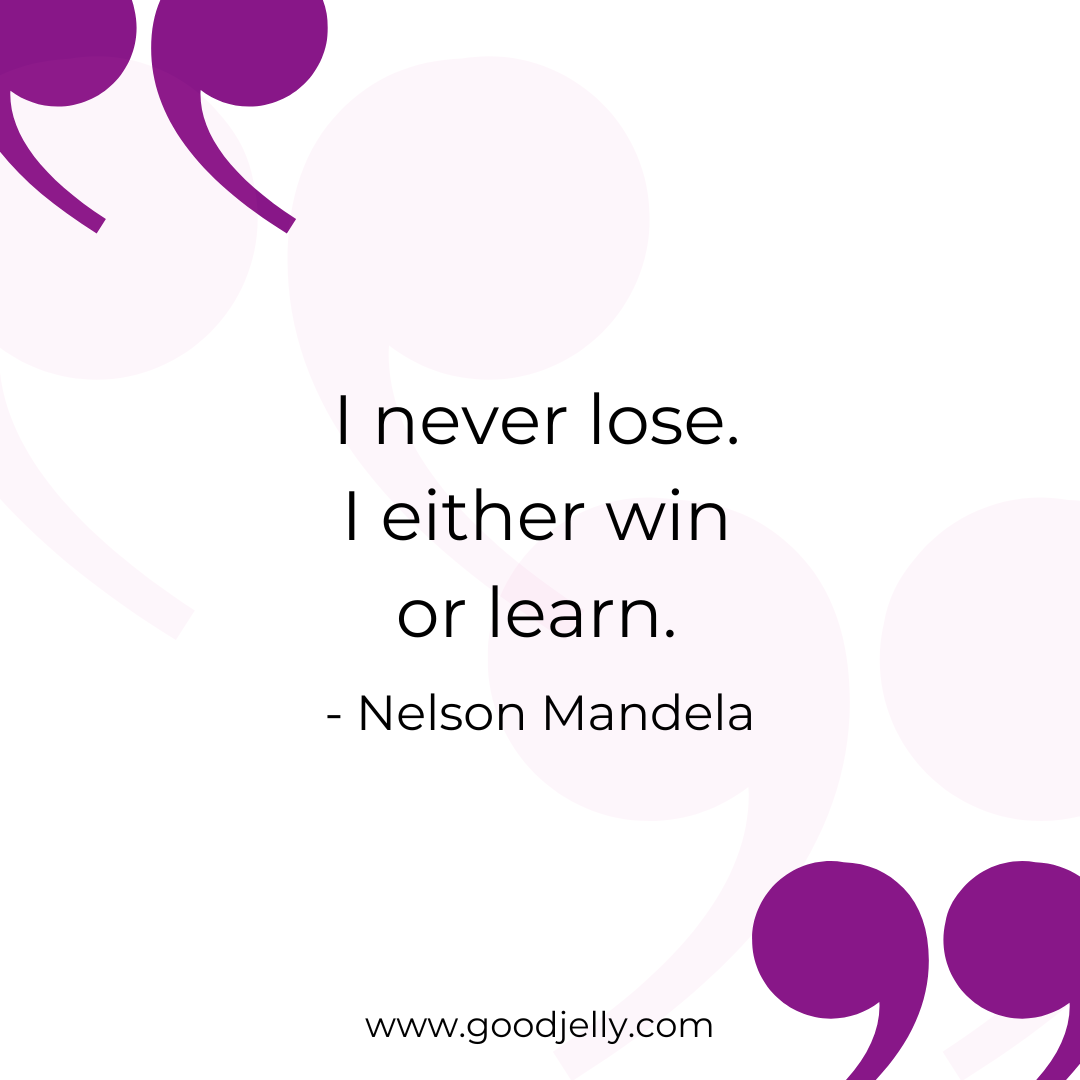On How to Effectively Lead Your Writerly Adventure

By Christine Carron
It was one of the most unpleasant few moments of dancing Argentine tango that I ever experienced. I was in Buenos Aires for a month on a tango adventure and in a class at DNI Tango*, a beautiful tango school in the heart of the city. One of my favorite Argentine tango couples, Analia and Marcelo, was leading the class.
We were in the midst of an exercise designed to help the leaders and followers “listen” to each other more effectively. Traditional Argentine tango is not choreographed, so there is ideally a lot of nonverbal listening going on between leader and follower to pull off a connected, enjoyable dance. Every few minutes, the leaders shifted around the large circle of followers—I was one of the followers.
All was going well until a very tall, stout European gentleman of a certain age stepped in front of me. Analia called for us to partner up again. The guy locked on my hand like a vise. The next thing I knew I was being commandeered around the room.
It was more dragging than dancing. There was no awareness, no curiosity, no give, no fluidity, no invitation, and no real connection in his lead. It was so extreme that Analia stopped him and attempted to coach him to lighten up. To no avail.
For that guy, leading was strong-arming. At least in that moment, nothing and no one was going to sway him from that position.
Planning misperception
My sense is that some writers worry that going all in on planning their writerly work will result in their creativity getting dragged around the dance floor. No fun. No joy. No point.
As a result, their adventure might proceed in a haphazard, hope for the best, harder-than-it-needs-to-be pattern. Perhaps inside those writers are thinking, “Is there some secret I’m missing? Does it really have to be this hard?”
There is no secret. Just a misperception about what effective planning entails.
Effective planning is not about dragging your creativity around; forcing it where it doesn’t want to go. Rather, it is about establishing the best possible circumstances again and again that allows a beautiful dance to emerge between you and your creativity.
Effective planning is a dynamic process
Effective planning, like effective leading, is a dynamic process. It includes everything that was missing in that guy’s lead with me during the class in Buenos Aires: awareness, curiosity, give, fluidity, invitation, and connection.
Awareness
Planning your writerly work well requires awareness. You have to be willing to see what’s working and what needs to be improved across all your writerly work.
Getting real with ourselves, especially around things that are not going as well as we would like, takes courage. It can be a bit of an ego hit to realize that landing a particular craft skill or getting our first draft may not come as easily as we expected it to.
Awareness can also be frustrating. Especially when we want something to be different than it is.
For example, there have been leads who clearly hoped that I was a better follower than I am. Instead of adjusting to that reality, they ignored what they learned about my skill level in the opening steps, chose to force me into moves beyond my capabilities, and made the dance less pleasant and more frustrating—for both of us.
Don’t be that kind of lead with your writing or your writerly adventure. Be brave and badass enough to meet yourself where you are and plan from that place. When you do, magic will follow.
Curiosity
The leader who strong-armed me had no curiosity about me or my dance skill. He had a mission, and I may as well have been a marionette that he was manipulating. Now I am all for a fabulous puppet show, but I can pretty much guarantee that no way, no how is your writing adventure going to function like a marionette.
There are going to be times where the adventure seems to have a mind of its own.
Sometimes that mind will go along with your plans. But sometimes it (spectacularly) won’t. On the flipside, it might serve you up a twist that gobsmacks you with delight.
What to do with all that variability? Stay curious.
Curiosity is one of the most powerful skills you can cultivate on your quest to be a savvy planner of your writerly adventure. Curiosity will help you ferret out what conditions, what choices, and what decisions led to the awesome, the awful, and everything in between.
With curiosity you will never lose because, as the Nelson Mandela quote goes, you’ll either win or learn.

Give
A plan is a best guess of what you will need to do to reach a specific goal based on the current data you have. But here’s the deal. You will get more data as you start taking action on the plan. Which means for all the structure a plan provides, there has to be some give in it so that it—and you—can adjust.
If writers adhere to their plans too tightly, insisting that their writerly goals must be achieved this exact way or the highway, then the plan has been elevated above their writerly goals. That is not smart planning.
Fluidity
Smart planning is fluid, adaptive, and responsive. In those few moments in Buenos Aires, I felt like I was dancing with a robot. Which in theory was fine—let’s be real we were in a class to learn. But both my patience and generosity faltered when he ignored Analia’s coaching.
With that refusal, my temporary dance partner was basically saying his way was perfect. There was no need to adapt. There was no need to be responsive to the new data (from an expert no less!) coming in.
If writers worry that planning by its nature is as rigid as that lead was that day, then it makes perfect sense to me why those writers would be planning-averse. Luckily, effective planning is nothing like that.
Invitation
Obviously, a leader invites a follower to dance. In Argentine tango, there’s even an invitation protocol called the cabaceo, where the invitation to dance (and the acceptance or refusal) is all done with the eyes.
The truth is, however, that with each step and every move a leader makes they are re-extending an invitation to their follower, “Will you follow this? And this? And how about this? Eso!**”
Effective planning is not a drag on your creativity. It is an invitation. Done well, planning is a sweet whisper to your Inner Muse. “Hey. I’m here for you. Here’s what I’m thinking. And if this doesn’t work I will try something else, because I’ve so got you. I want you to shine. So . . . shall we dance?”
Connection
Does effective planning require you to sometimes dive into the nitty-gritty of your writerly work? Yes. But that is part of the joy of effective planning. You connect on a deeper level to your writing. To your writerly adventure.
That means your creativity is met in a more profound way. It experiences your care and commitment and begins to trust that you will lead it in a way that honors it and your writerly dreams.
The power in effective planning
Your planning prowess will take a great leap forward when you simply oust the misperception that planning is a strong-arming tool that will quash your creativity. Choose instead to start your planning from a mindset filled with awareness, curiosity, give, fluidity, invitation, and connection.
When you do that, your creativity will follow you with abandon. Flow with your lead. Say yes to your invitations. And sometimes give you new options to play with. But more than anything else, effective planning will help you partner with your Inner Muse, co-creating a dynamic, sustaining, satisfying dance of a writerly adventure. Eso!
_______________
* The school part of DNI Tango had to close in the first months of the pandemic. With it’s traditional close embrace, Argentine tango is definitely not a pandemic-friendly activity. But to give you a flavor of the space and of tango, below the prompts I've included a video of the founder of DNI Tango Dana Frigoli dancing with her partners in one of the studios at DNI.
** Eso means “that,” but it is often called out at milongas (an Argentine tango social) does something really well on the dance floor. In my mind, it is like an American saying “Niiiiiiice!”
The Goodjelly Prompts of the Week
Post-in-Action Prompt
Think about a writerly plan that you made that didn’t work out as you hoped it would. Do you think more awareness, curiosity, give, fluidity, invitation, and/or connection might have changed the plan’s success—or the plan itself?
Scene Prompt
Write a scene where your main character refuses to take good advice. How does the character justify the refusal? Or perhaps they think they are taking the advice . . . .
Journaling Prompt
What was the best experience you ever had with a plan? (It does not matter if it was your plan or someone else’s.) Consider how awareness, curiosity, give, fluidity, invitation, and connection might have played into that positive experience.
Connection Prompt
Connect with your writerly peeps and discuss how you each use awareness, curiosity, give, fluidity, invitation, and connection in relation to your creativity on the writerly adventure.
Don't miss a single dollop of Goodjelly
Subscribe for the Latest Blog Posts & Exclusive Offers!
You can easily unsubscribe at any time.


